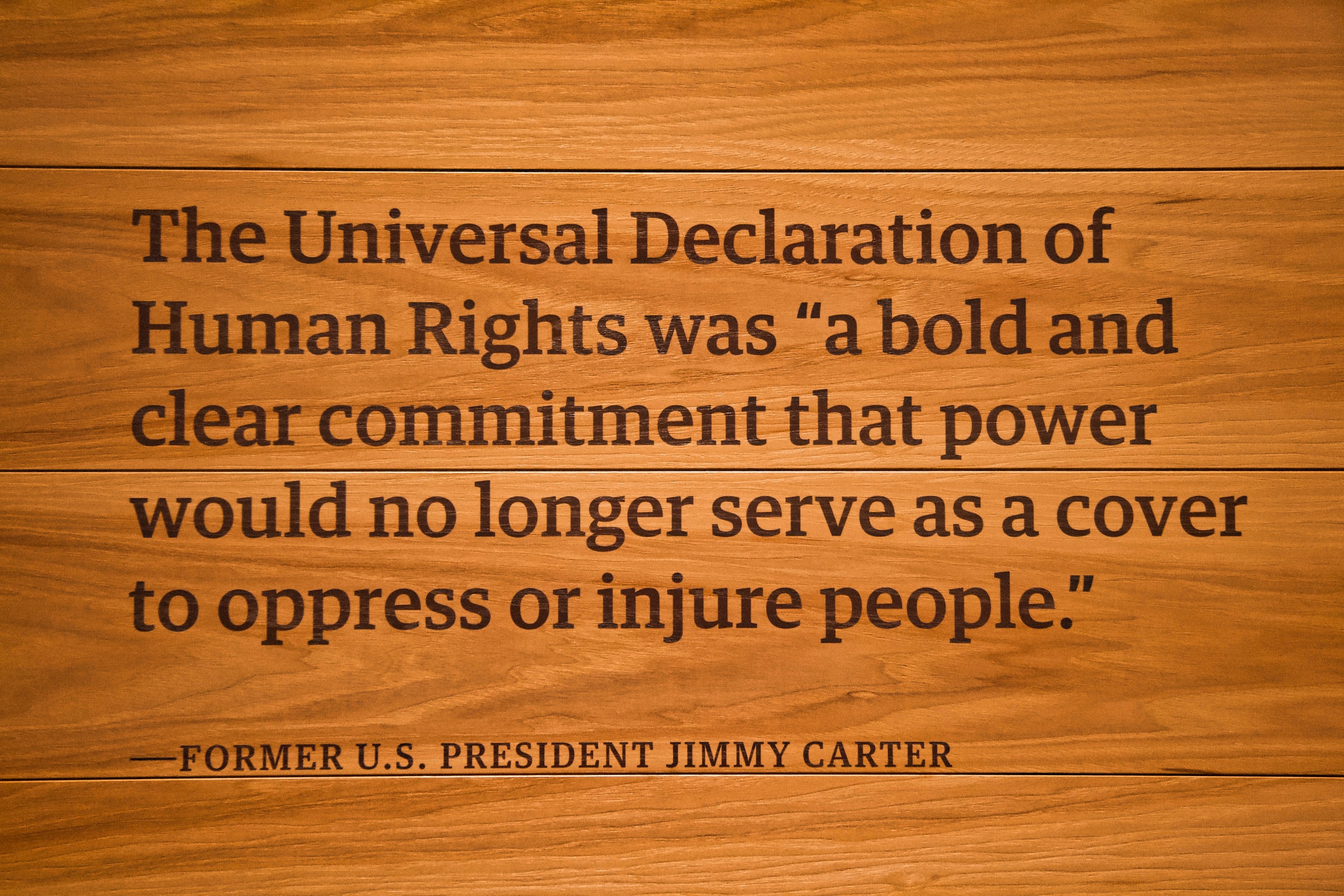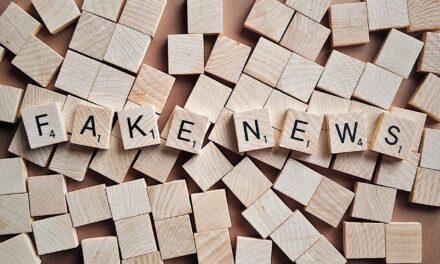According to Adam Smith, religious institutions are nothing but firms selling products to consumers.[1] Therefore, such institutions should be regulated with consumer protection at its core. However, whilst the question of belief should remain untouched, questionable practices are not immune to regulation. In particular, corrupt leaders should face embezzlement sanctions and pseudoscientific healing should be completely wiped out.
The thesis of this article comes in light of the plague of megachurches that have once again proven that religion is in the business of making money. As Martin Luther realised, operating a religious firm brings prosperity to those at the top.[2]One prosperous leader, Bishop David Oyedepo of the Winners Chapel, has been known to find insult at being valued at only 150m USD.[3] Whilst the Bishop claims that his wealth is a reflection of his piety, there is no doubt that tithers had no intention to fund his private jet.[4]
As Tylor writes, the state should intervene by establishing objective criteria in defining what constitutes unethical use of donated funds.[5] Alternatively, religious organisations should clearly report the use of funds in a way that is reasonably available to tithers.[6] In this vein, church members will be sufficiently informed of how their money is spent.
However, leaders living lavish lifestyles embezzled from the pockets of tithers are not the greatest threat. The greater threat is, of course, the practice of pseudoscience; such as healing services. Offering no empirical proof and absence of replicable data, the untouchable practice of pseudoscience in religion not only dampens all scientific ambitions but endangers the believer. Take, for instance, the ministry of Bethel Redding. The organisation boastfully documents the healing of a dislocated pelvic bone, a bedridden believer, and a plethora of head, neck and shoulder pains.[7] Despite a thorough examination being at the core of any medical treatment, Bethel Redding offers a remote service through an online healing room. Bethel Redding is but one example of how illnesses are left untreated. There is, indeed, a public cause for concern.
Writing for Nature, Timothy Caulfield calls upon the scientific community to fight against pseudoscience nonsense. Caulfield writes that the best way to tackle misinformation is by correcting it.[8] Taking the notion one step further, regulation should be introduced to apply a rigorous standard to institutions purporting to treat illnesses. Such regulation would be analogous to the crime of posing as a doctor.
As unquestionable as they are tax exempt, religious institutions have gained from exploiting their followers. Unlike secular firms, there is no safeguard against the misappropriation of funds. Moreover, the teaching and practice of pseudoscientific healing nonsense must be quashed. Given that the shareholder in the sky refuses to intervene, intervention must be temporal. In sum, regulators must distinguish charitable acts from self-enrichment. Moreover, beneficiaries should be sufficiently informed of church expenditure. And finally, introducing strict regulatory standards in classifying the health sector would expel pseudoscientific nuisances from society.
[1] Keith N. Hylton, Yulia Rodionova and Fei Deng ‘Church and State: An Economic Analysis’ American Law and Economics Review (2011) 13 402, 406
[2] Britannica, The Editors of Encyclopaedia. ‘Ninety-five Theses’ (Encyclopedia Britannica, 24 Oct. 2020)
[3] Anonymous author, ‘Nigerian megachurches practise the prosperity they preach’ (The Economist, 25 Sept 2021) <https://www.economist.com/middle-east-and-africa/2021/09/23/nigerian-megachurches-practise-the-prosperity-they-preach> accessed 18 Oct 2021
[4] Ibid
[5] Barry W. Taylor, ‘Diversion of Church Funds to Personal Use: State, Federal and Private Sanctions’ (1982) 73 3 Journal of Criminal Law and Criminology 1204, 1217
[6] Ibid 1229
[7] ‘Healing Rooms Testimonies’, <https://bethelredding.com/ministries/healing-rooms/testimonies> accessed 18 Oct 2021
[8] Timothy Caulfield, ‘Pseudoscience and COVID-19 — we’ve had enough already’ (Nature, 27 April 2020) <https://www.nature.com/articles/d41586-020-01266-z> accessed 18 Oct 2021








